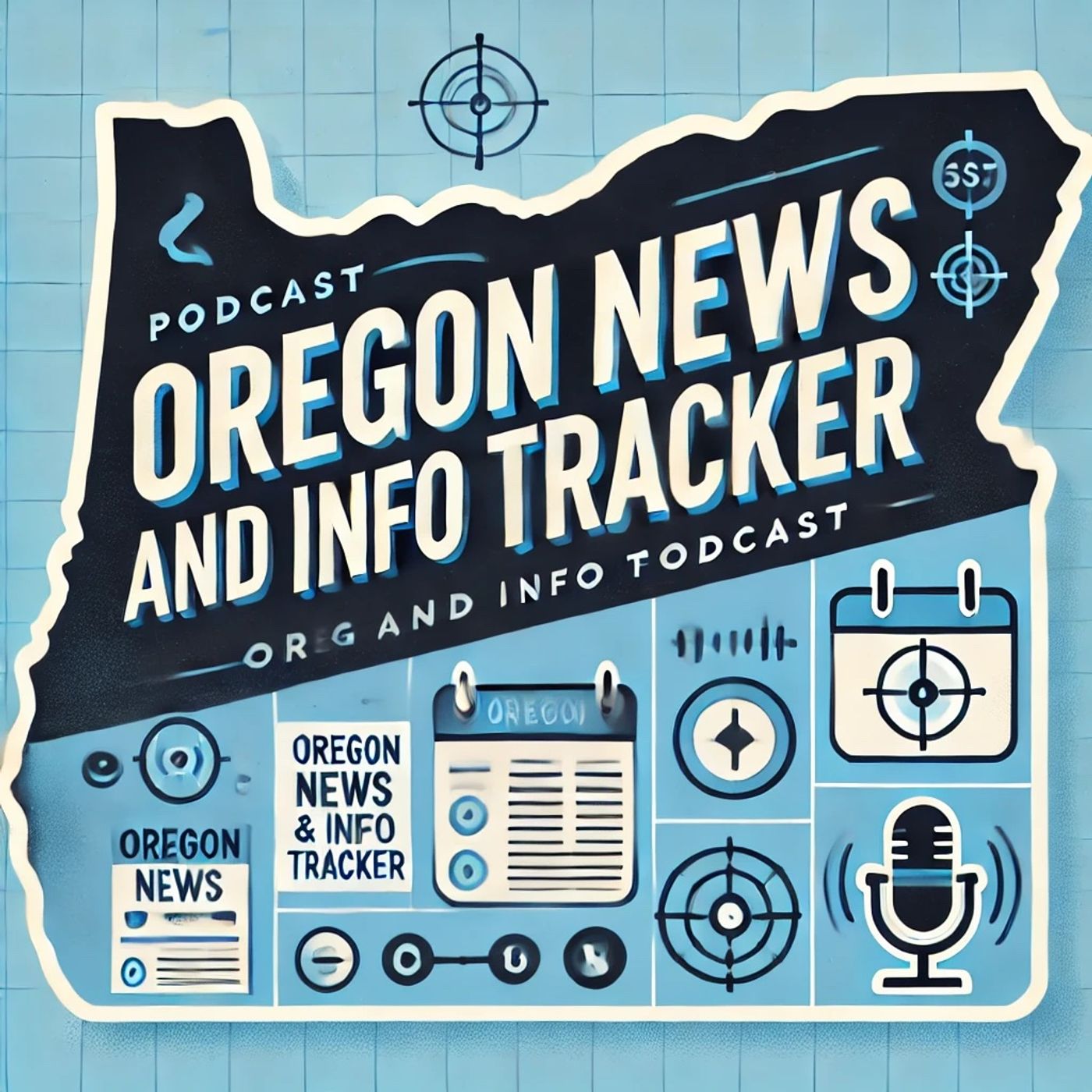Listen "Oregon Transportation Bill Sparks Heated Debate with Potential 15-Cent Gas Tax Increase and Infrastructure Overhaul"
Episode Synopsis
Oregon is facing a pivotal early June as lawmakers in Salem prepare to unveil the Oregon Transportation Reinvestment Package, a sweeping bill poised to address the state’s aging infrastructure. The proposal, which is expected to be released next week, would raise the state’s gas tax by 15 cents and introduce nearly 10 new taxes or fees. Framed as essential to maintain and improve roads and bridges, the package is the product of months of negotiation and seeks to balance Democratic ambitions with Republican reservations. Securing the required three-fifths majority in both chambers will be crucial as the legislature nears adjournment later this month. Senate President Rob Wagner described the bill as an inclusive compromise, noting continued efforts to refine the legislation before a final vote. The transportation plan is formally advancing as House Bill 2025 and is anticipated to closely follow earlier outlines, albeit with key updates after stakeholder feedback[2].In government circles, recent developments saw the unexpected resignation of Kevin Heatley, head of Crater Lake National Park, after just five months in the role. Heatley’s departure is tied to staffing cuts ordered by the National Park Service under current federal leadership, which has prompted Oregon’s congressional delegation to voice concern over the park’s uncertain future[4].The state’s economic landscape is similarly seeing both challenge and opportunity. While policy debates over transportation funding highlight a focus on long-term economic health, communities continue to rally around local business and cultural events. In Portland, residents are turning out in force for June’s diverse mix of festivals, fairs, and seasonal markets, including the Tigard Festival of Balloons and the Clackamas County Fair[5]. Such gatherings not only celebrate Oregon’s vibrant communities but also provide a seasonal boost to local vendors and performers.On the education and infrastructure front, districts across Oregon remain engaged in planning for capital improvements, though few major new announcements have broken through this week. Public safety agencies are maintaining heightened vigilance as summer activities increase traffic and visitors across urban and rural areas alike[1].Oregon’s natural environment continues to command attention with both beauty and concern. Foresters and researchers are sounding alarms about the health of the state’s forests, which face threats from disease, invasive species, and climate stressors. Recent reporting underscores the urgency of proactive stewardship as the region enters a season prone to wildfire risk and drought conditions[3]. Meanwhile, no severe weather events have been reported, but officials continue monitoring for shifts as summer heat approaches.Looking Ahead: With the Oregon legislature’s session drawing to a close, all eyes are on the fate of the transportation funding bill. As debates continue over infrastructure investment and resource allocation, communities are gearing up for a full slate of summer events, while environmental advocates call for bold action to safeguard forests and parklands. Developments at Crater Lake and across public lands remain under scrutiny, and economic indicators will be closely watched as tourism and business activity ramp up for the season.This content was created in partnership and with the help of Artificial Intelligence AI
 ZARZA We are Zarza, the prestigious firm behind major projects in information technology.
ZARZA We are Zarza, the prestigious firm behind major projects in information technology.
